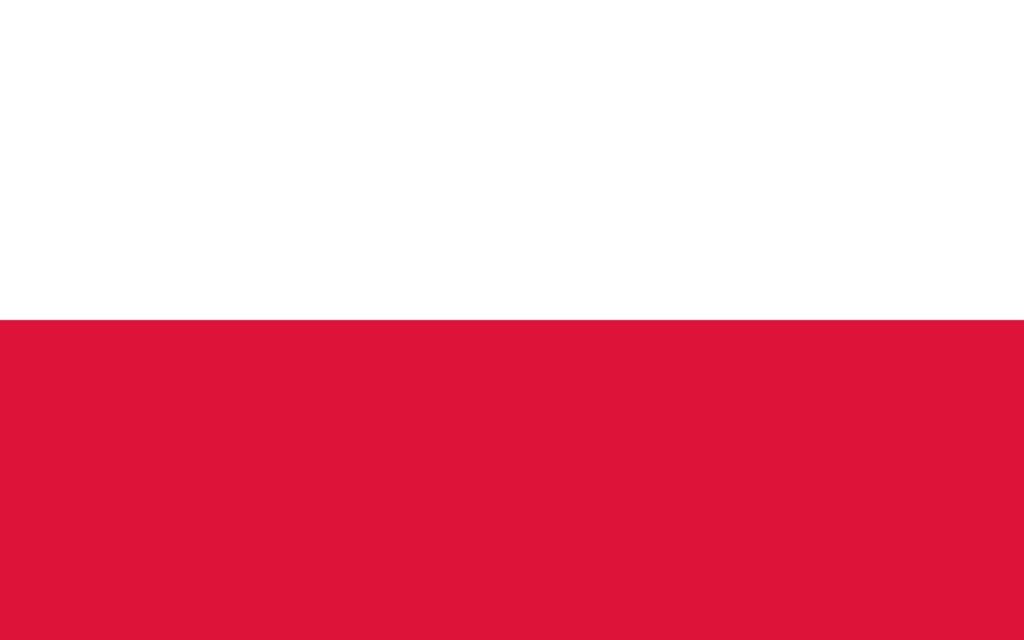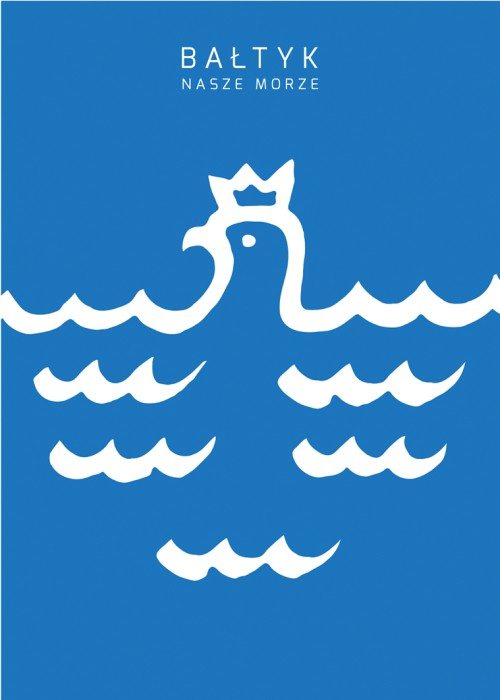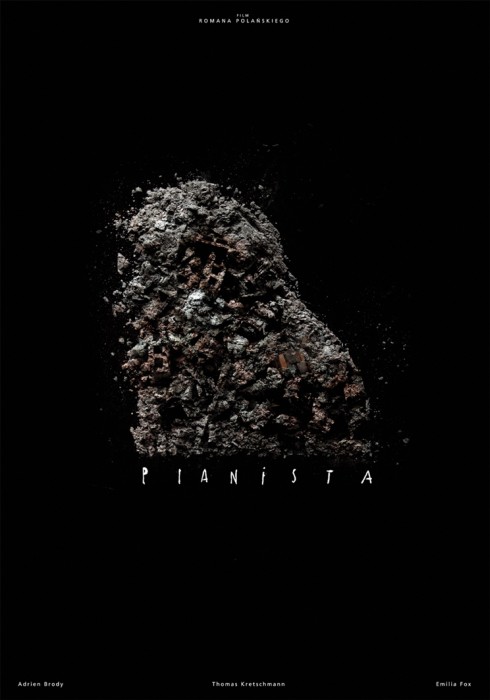talking to Grzegorz Myćka, Satyrykon 2016 Gold Medal winner
You’re a poster maker, graphic artist, and a musician as well. All your projects present some amount of, so called, “social engagement”. Despite being exhibited in quite a rude company, during the last year’s “Sharp-eye skills” your works drew attention with their sharpness, and a sense of humour. Do you feel yourself (at least a bit) a satirist? If so, what does it mean to you? I’m asking, as not many young artist would presently call themselves that way. On the other hand, you come from Zielona Góra, a place – similarly to Legnica – well known for its satirical traditions.
Although currently I mainly occupy myself with graphic art, I used to take part in satirical competitions in the past. One of the first contests I took part in as such, was in fact International Open Cartoon Contest, Subject: Museum, taking its place in my home town – Zielona Góra. I happened to be awarded a Special Prize in it (the funny thing is that in the following year’s edition I received the same prize, the subject was “Library” then). Since then I started sending my works to more and more contests, with quite a good result I think – I was successful at some reviews and exhibitions. However, I somehow avoided Satyrykon, probably a bit shy, as it’s an event of really great tradition, full of famous names, the winners. Once I took up my studies in Poznań I got interested in poster form and gradually started to withdraw from my classical cartoonist activity. Do I feel as cartoonist though? I’ve been asked that question many times. Many experienced authors, with well-established sense of humour, who took part in all those competitions seemed a bit surprised that I somehow manage to fit in, find myself a place among them. But age is not of first importance in that case, I guess. What is important is the sense of distance to life, and this is probably what most defines me as a cartoonist.
There are a few people who have been regularly taking part in Satyrykon since the first, Warsaw edition of “Sharp-eye skills” and every year (or almost every year) qualify for the exhibition. But there aren’t many of them. Your leap from students’ exhibition to Satyrykon’s main award is some sort of precedence. So, how do you do that?
The news I got awarded at Satyrykon was quite a surprise to me, shocking even. I don’t know how I did it – although I do admit that this year’s theme: EVIL, was helpful indeed as most of my works’ topics revolve around different forms of it, widely understood evil. I might be so bad and evil myself that it turned finally good for me.
We could say Satyrykon is a bit schizophrenic. On the one hand, It’s got its years’ long preferences (works speaking exclusively with image, no captions, poetic quality, satirical painting tendency and ambitions of lifting satire to the rank of “high” art, etc.). On the other hand, it just dreams of young artists who could surprise, destroy old order and turn everything upside down. We’ve witnessed several such individuals and generation revolutions for the past 40 years. And how does it look from your viewpoint? Is such a contest form still appealing to young artists? How much do you tend to “adjust” your sense of humour while taking part in such events? Do you switch on any sort of “self-censorship”?
I don’t think participating in such contest would involve any form of auto-censorship. From what I observe in my colleagues, young artists are rather focusing their efforts on trying to astonish and draw jurors’ interest with their personality, visual style and way of thinking, rather than apply some “appealing” schemes. However, it sometimes comes out itself somehow when somebody’s taste accidentally overlaps with that one of the juror. Young artists find the open contest formula, with a set theme and specified techniques of performing works pretty attractive. It lets confront yourself and your ideas, your works in an objective environment, it gives a chance to distinguish yourself and be spotted in milieu – very important issues for young generation artists.
Do you feel yourself a patriot?
Do I feel myself a patriot? I always like to stress I’m from Zielona Góra, so I think I am a sort of local patriot. Besides, although I know English quite well, I tend not to use strange English-based jargon expressions, so national language traditions are rather important to me. But confronted with the dilemma: Polish pork-stake with cabbage vs pizza, I’d definitely go for the second option… and have a pint of Polish beer with it.





